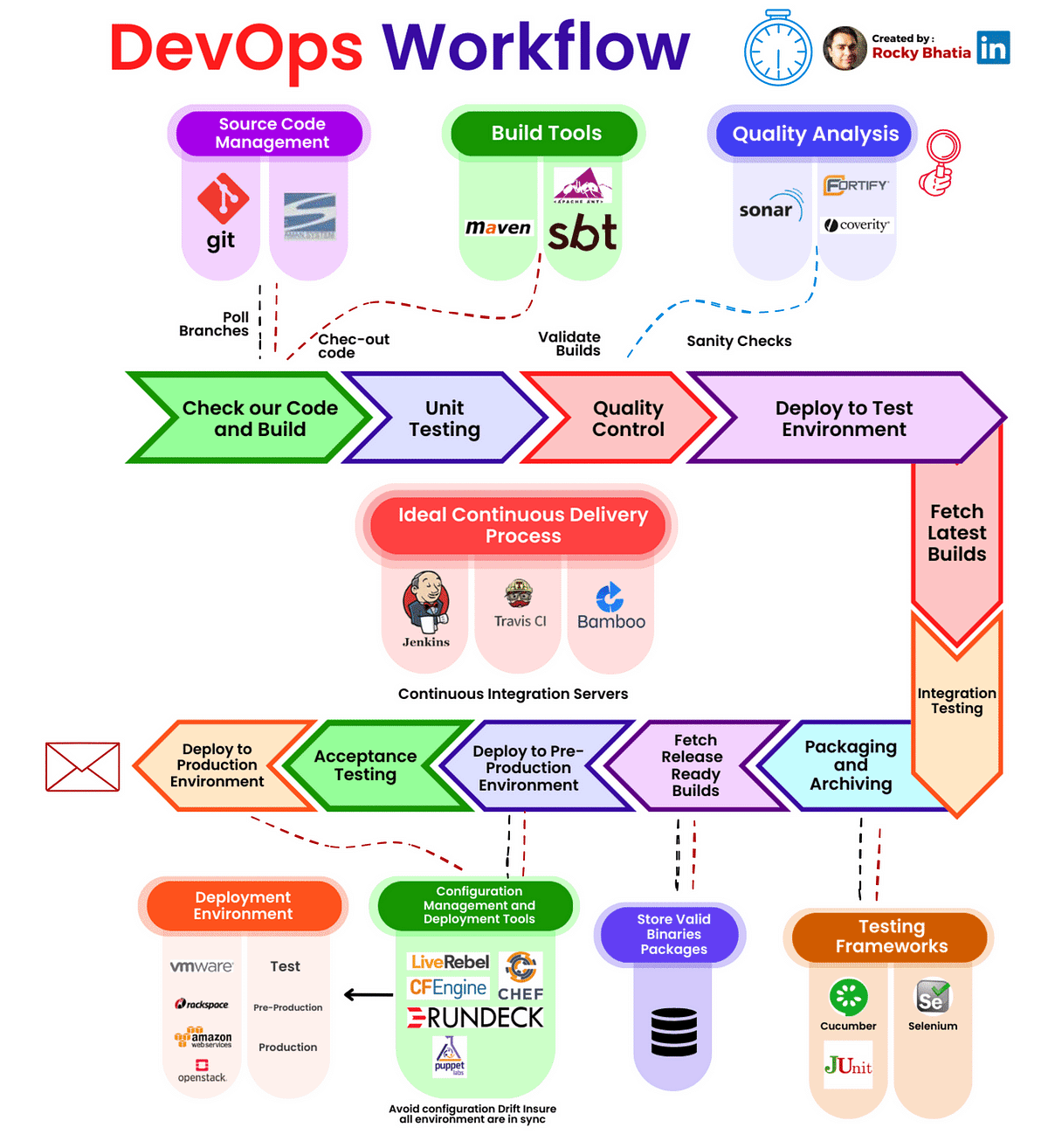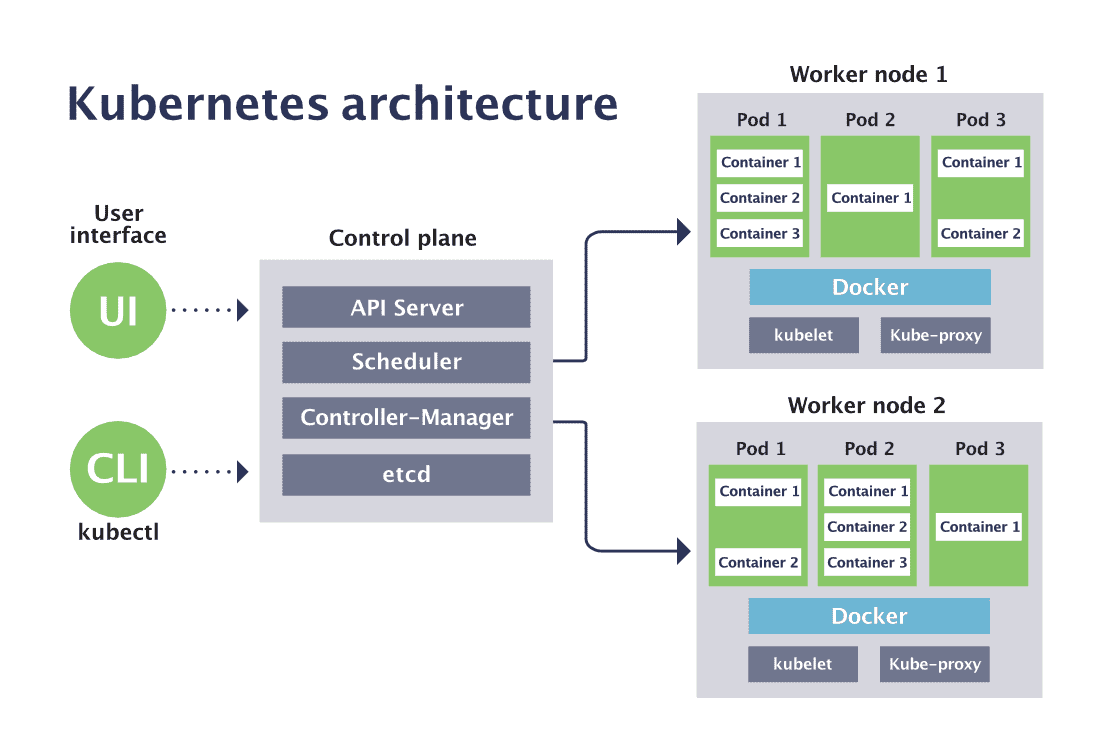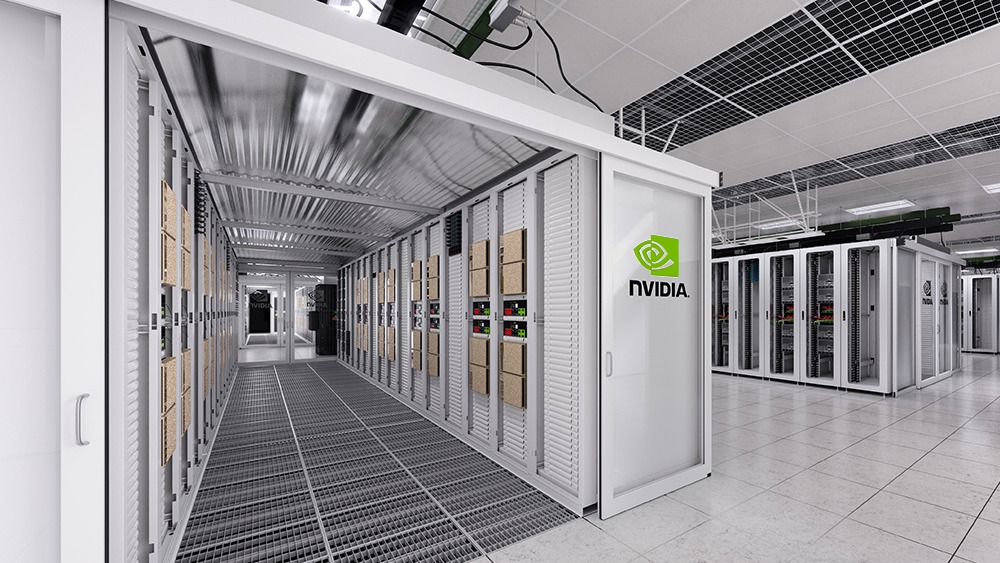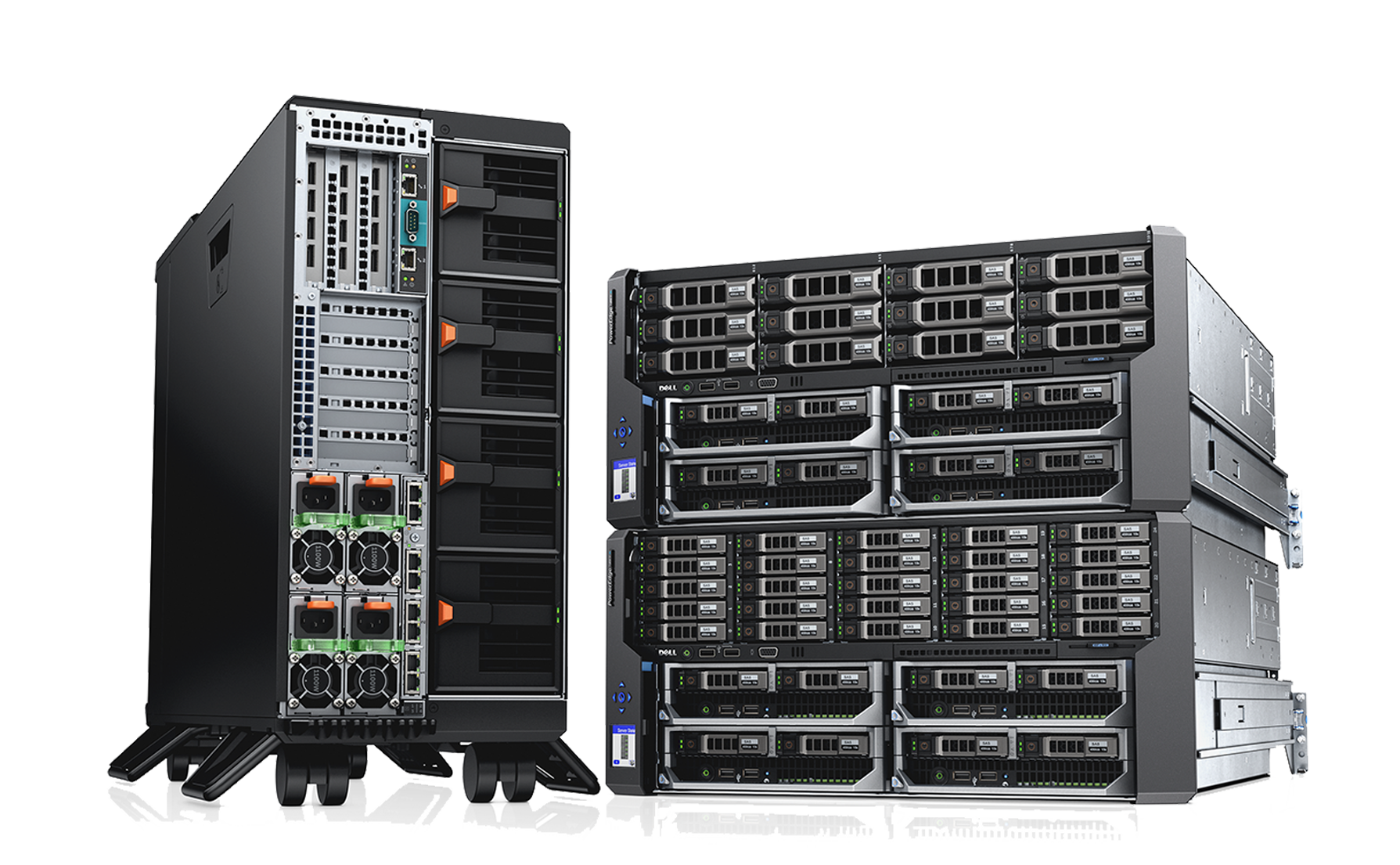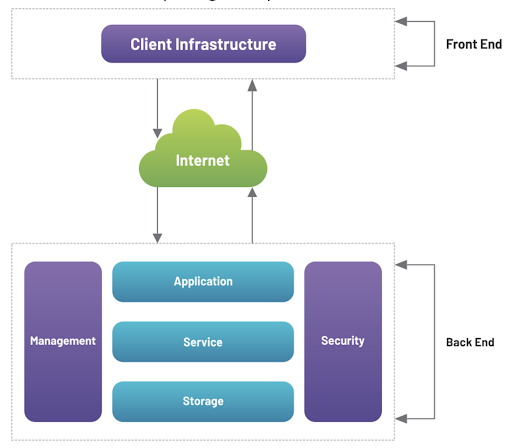
I've been burned by AWS bills that jumped from like $50 to over $2,000 overnight because I forgot to delete one EBS snapshot. DigitalOcean fixed that problem - your $4/month Droplet costs exactly $4/month, not some random inflated number because you accidentally left some random service running.
Founded in 2011 by developers who were sick of enterprise cloud complexity, DO built what we actually needed: Linux boxes that boot fast, predictable pricing, and documentation written by humans instead of lawyers. Hundreds of thousands of developers trust DO because it doesn't try to upsell you dozens of different database variants when you just need PostgreSQL.
What You Get for Your Money
Droplets boot in 45 seconds instead of the 5+ minutes AWS takes when your app is down and users are screaming. Starting at $4/month for a real server with root access. I've spun up dozens during weekend outages - they're fast and don't fuck around with virtualization overhead.
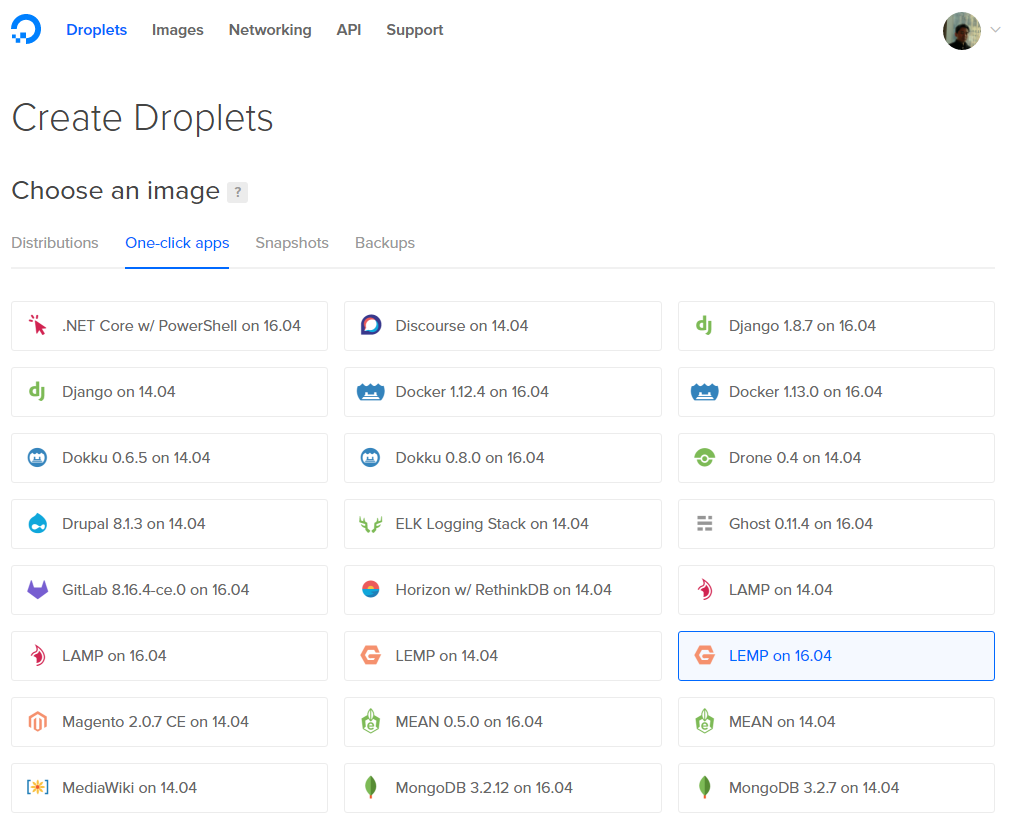
Kubernetes costs $12/month for worker nodes with free control planes. EKS charges $73/month just to exist before you run a single pod. Auto-scaling doesn't randomly shit the bed during holiday weekends like everywhere else.
App Platform is Heroku without the bankruptcy. Connect GitHub, push to main, app deploys automatically. Free for static sites, $12/month for dynamic apps. No Dockerfile, no YAML hell.
Managed Databases start at $15/month for PostgreSQL with backups included. MySQL, MongoDB, Redis too. Beats paying RDS prices that make you question your career choices.
Speaking of databases, I spent a weekend trying to set up PostgreSQL replication on AWS and ended up with something like a $300 bill for "enhanced monitoring" I didn't even know was enabled. DO's managed DB just works.
AI Platform (Because 2025)
DO jumped into AI with their Gradient platform because everyone's building chatbots. GPU Droplets with H100s at $1.49/hour beat AWS's Byzantine GPU pricing that requires a finance degree.
LLM access costs $0.15 per million tokens, which sounds cheap until your chatbot goes viral and you're paying $500/month. Still beats managing CUDA installation hell yourself.
Why Developers Actually Choose DigitalOcean
No AWS Hell: While AWS has hundreds of services, DO gives you the basics that actually work. You won't spend half your day figuring out why your security group is blocking traffic or decoding IAM policy JSON nightmares.
Bills That Make Sense: Flat-rate pricing means your $4 Droplet costs $4, not $47.83 because you forgot to optimize some obscure setting. Includes 500GB of bandwidth free - AWS nickels and dimes you for every byte.
Documentation by Humans: Their 6,000+ tutorials are written by developers who've actually solved these problems, not technical writers who've never touched a server. They bought CSS-Tricks too, which tells you they get the developer community.
Shit Actually Stays Up: 99.99% uptime SLA and I've had fewer outages on DO than AWS. Their status page doesn't lie to you either - when stuff breaks, they admit it instead of claiming "degraded performance" for 6 hours.
DO sits in the sweet spot between Heroku's expensive simplicity and AWS's overwhelming complexity. You get real servers without needing a PhD in cloud architecture.

